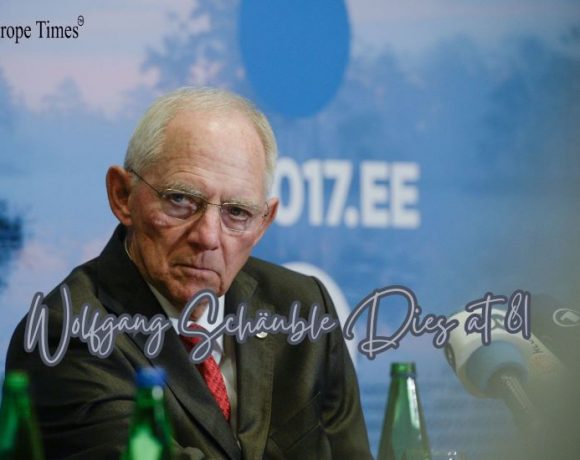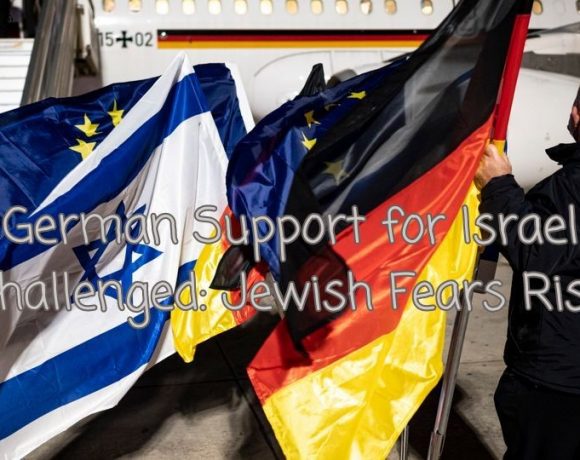
Former German Finance Minister Wolfgang Schäuble, a key figure in post-war German politics, has passed away at 81. With a political career spanning 51 years, Schäuble played a crucial role in negotiating German reunification and surviving an assassination attempt in 1990.
Schäuble, a member of the conservative CDU party, served as Germany’s interior minister and later as finance minister under Chancellor Angela Merkel. His leadership resulted in Germany achieving a budget surplus in 2014, earning him recognition as a driving force behind the austerity policies adopted by the eurozone during the 2008 debt crisis.
While praised for his contributions to German reunification, Schäuble faced criticism, particularly from Greece, for his role in implementing unpopular austerity measures during the eurozone debt crisis. Former Greek Finance Minister Yanis Varoufakis condemned Schäuble, predicting a harsh judgment from history.
Despite never becoming chancellor, Schäuble remained one of Germany’s most influential politicians. He withdrew from frontline politics in 2022, having served as the president of the Bundestag, where he was the longest-serving MP, winning 14 constituency elections. His departure marked the end of a remarkable political career that significantly shaped Germany’s post-war history.
Picture Courtesy: Google/images are subject to copyright

